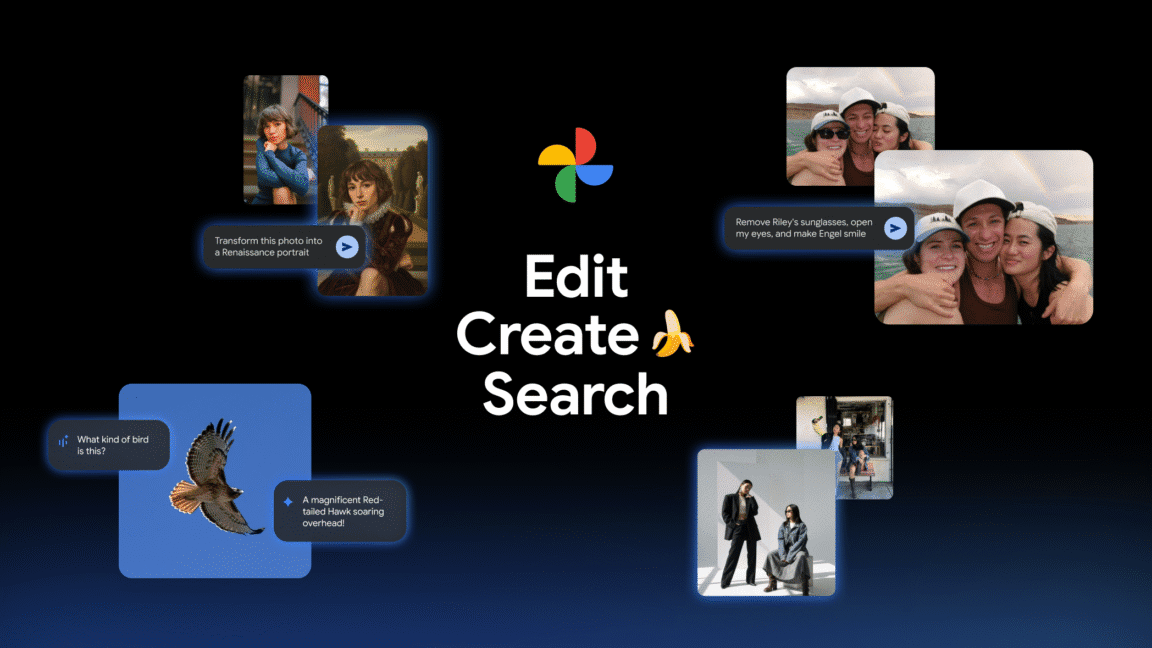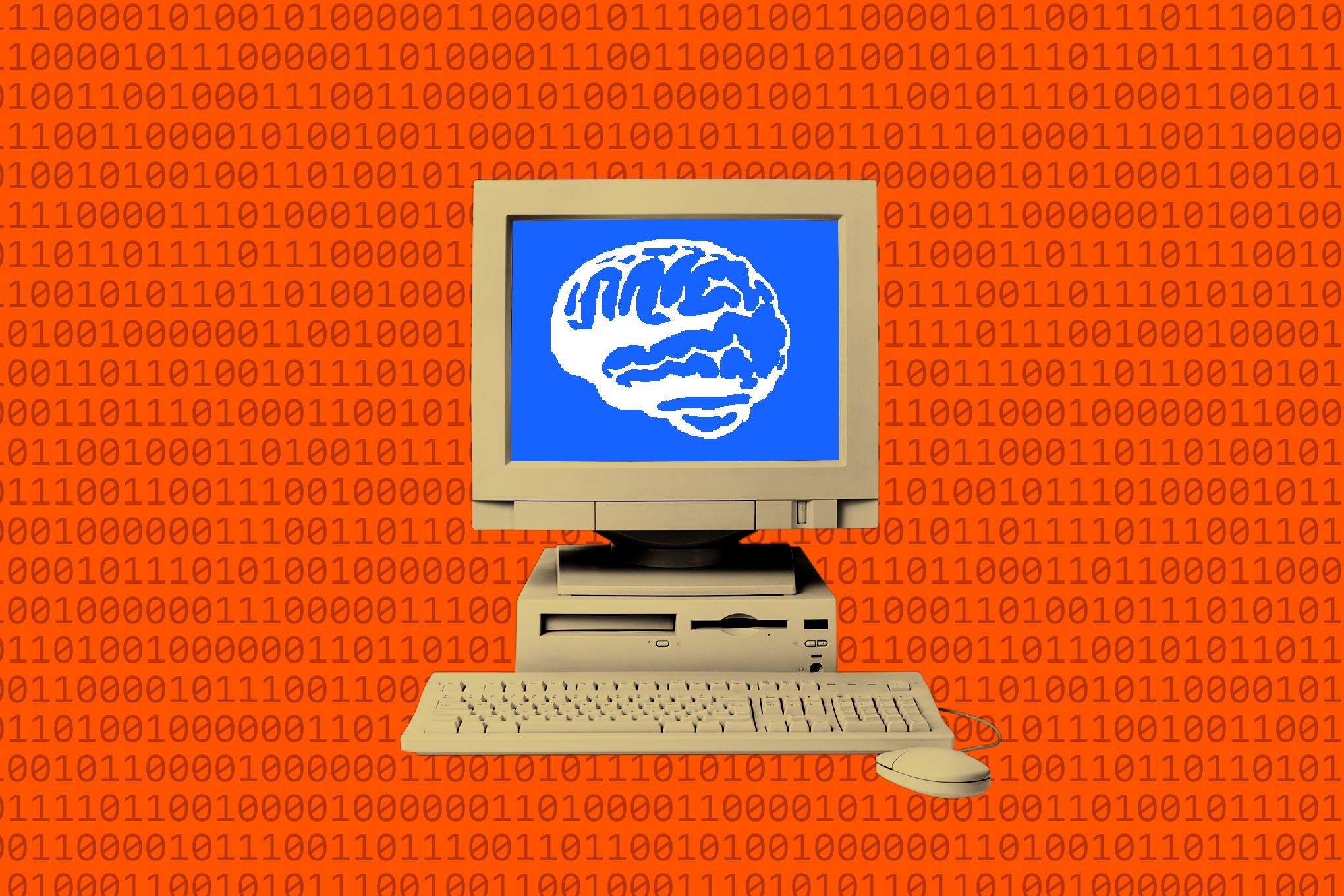
you won t believe the excuses lawyers Lawyers are increasingly facing scrutiny for using AI-generated citations in court documents, leading to a wave of sanctions and a variety of excuses that judges find unconvincing.
you won t believe the excuses lawyers
The Rise of AI in Legal Proceedings
In recent years, artificial intelligence has made significant inroads into various sectors, including the legal profession. The integration of AI tools has promised to streamline processes, enhance research capabilities, and reduce the workload for legal professionals. However, the rapid adoption of these technologies has also led to a troubling phenomenon: the use of AI-generated case citations that are entirely fabricated. This issue has become so pervasive that one judge referred to it as an “epidemic.”
As AI tools become more accessible, some lawyers have turned to them for drafting legal documents, often without fully understanding the limitations and potential pitfalls of these technologies. The result has been a series of court cases where lawyers have been sanctioned for submitting documents that include fictitious citations, a practice that undermines the integrity of the legal system.
Understanding AI Hallucinations
AI hallucinations refer to instances where artificial intelligence generates information that appears plausible but is, in fact, entirely false. This is particularly concerning in the legal field, where accuracy and credibility are paramount. A database compiled by French lawyer and AI researcher Damien Charlotin has documented 23 cases where lawyers faced sanctions due to AI hallucinations. The findings from this database provide insight into the common excuses employed by lawyers when caught using AI-generated citations.
Common Excuses for Misleading Citations
In the wake of these sanctions, many lawyers have attempted to justify their actions with a range of excuses. Some of the most frequently cited defenses include:
- Lack of Awareness: The most common excuse is that the lawyer was unaware that AI had been used to draft the filing. This defense suggests that the lawyer did not actively engage with the content generated by the AI, which raises questions about their diligence and responsibility.
- Reliance on Technology: Some lawyers argue that they trusted the AI tool to provide accurate information and did not verify the citations. This excuse points to a broader issue of over-reliance on technology without adequate oversight.
- Miscommunication with Staff: In some cases, lawyers have claimed that their support staff or junior associates were responsible for the inclusion of AI-generated citations, attempting to deflect blame from themselves.
- Inexperience with AI: Some lawyers have cited a lack of familiarity with AI technologies as a reason for their mistakes, suggesting that they were not adequately trained to use these tools responsibly.
Despite these defenses, judges have often found them unconvincing. Many have noted that the simplest path to mitigating sanctions is to admit the use of AI as soon as it is detected, act with humility, self-report the error to relevant legal associations, and voluntarily seek further education on the intersection of AI and law.
The Judicial Response
Judges have taken a firm stance against the misuse of AI in legal filings. In many of the cases reviewed, judges expressed frustration over the lack of accountability among lawyers who submitted misleading documents. The judicial response has included sanctions ranging from fines to temporary suspensions from practice.
Implications for the Legal Profession
The implications of this trend are significant for the legal profession. As AI technology continues to evolve, the potential for misuse will likely grow unless there are clear guidelines and ethical standards established for its use. The legal community must grapple with the following challenges:
- Establishing Standards: There is an urgent need for the legal profession to establish clear standards regarding the use of AI tools. This includes guidelines on how to verify the accuracy of AI-generated content and the responsibilities of lawyers in ensuring the integrity of their filings.
- Training and Education: Law schools and continuing legal education programs must incorporate training on AI technologies. Lawyers need to understand not only how to use these tools but also their limitations and the ethical considerations involved.
- Public Trust: The integrity of the legal system relies on public trust. Incidents of misleading citations can erode that trust, leading to broader skepticism about the legal profession as a whole.
Stakeholder Reactions
The reactions from various stakeholders in the legal field have been mixed. Some legal professionals express concern over the implications of AI misuse, while others argue that the technology can enhance legal practice when used responsibly.
Lawyers and Legal Associations
Many lawyers have voiced their apprehensions regarding the rapid adoption of AI technologies. Some believe that the legal profession is not adequately prepared to handle the complexities introduced by AI. Legal associations are beginning to take notice, with some advocating for stricter regulations on AI use in legal contexts. These organizations emphasize the need for ethical guidelines and best practices to prevent future incidents of AI misuse.
Judicial Perspectives
Judges have expressed a strong desire for accountability among lawyers. Many have indicated that they will not tolerate misleading filings, regardless of whether AI was involved. This stance reflects a broader commitment to maintaining the integrity of the judicial process. Judges have also called for increased transparency regarding the use of AI in legal documents, urging lawyers to disclose when AI tools have been employed.
Looking Ahead: The Future of AI in Law
The future of AI in the legal profession is uncertain, but it is clear that the technology will continue to play a significant role. As AI tools become more sophisticated, the potential for misuse may also increase. Legal professionals must navigate this landscape carefully, balancing the benefits of AI with the ethical responsibilities that come with its use.
Recommendations for Legal Professionals
To mitigate the risks associated with AI in legal practice, legal professionals should consider the following recommendations:
- Conduct Thorough Research: Lawyers should always verify the accuracy of citations and information, regardless of the source. This includes double-checking AI-generated content against reliable legal databases.
- Embrace Transparency: When using AI tools, lawyers should be transparent about their use and disclose any potential limitations of the technology in their filings.
- Engage in Continuous Learning: Legal professionals should prioritize ongoing education about AI technologies and their implications for the legal field. This includes attending workshops, seminars, and training programs focused on AI and law.
As the legal profession grapples with the challenges posed by AI, it is essential for lawyers to remain vigilant and proactive in ensuring the integrity of their work. By embracing responsible practices and fostering a culture of accountability, the legal community can harness the benefits of AI while safeguarding the principles of justice and fairness.
Source: Original report
Was this helpful?
Last Modified: November 11, 2025 at 10:37 pm
1 views















